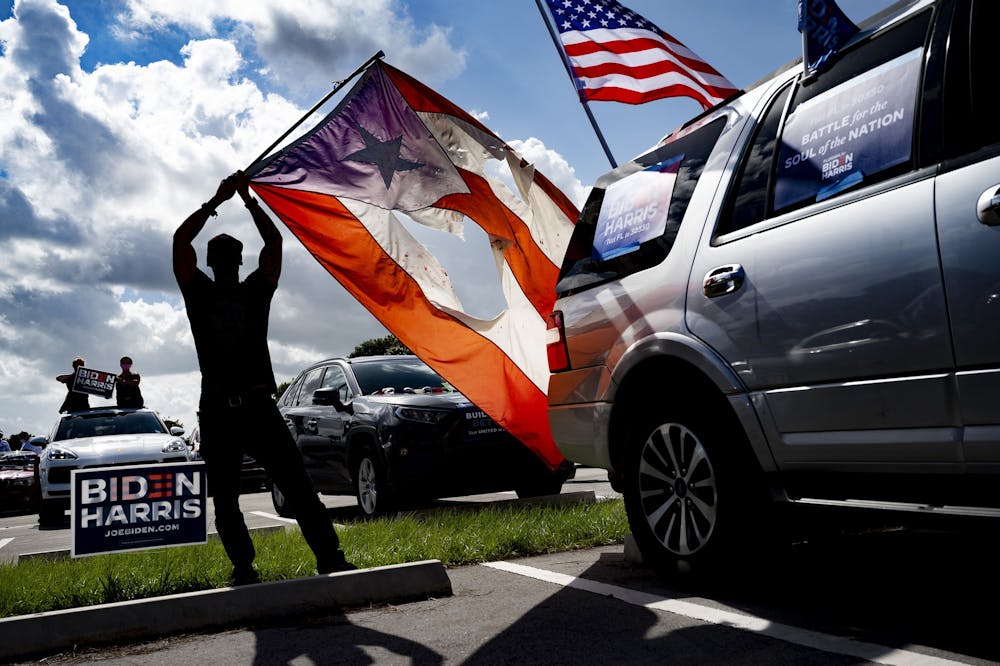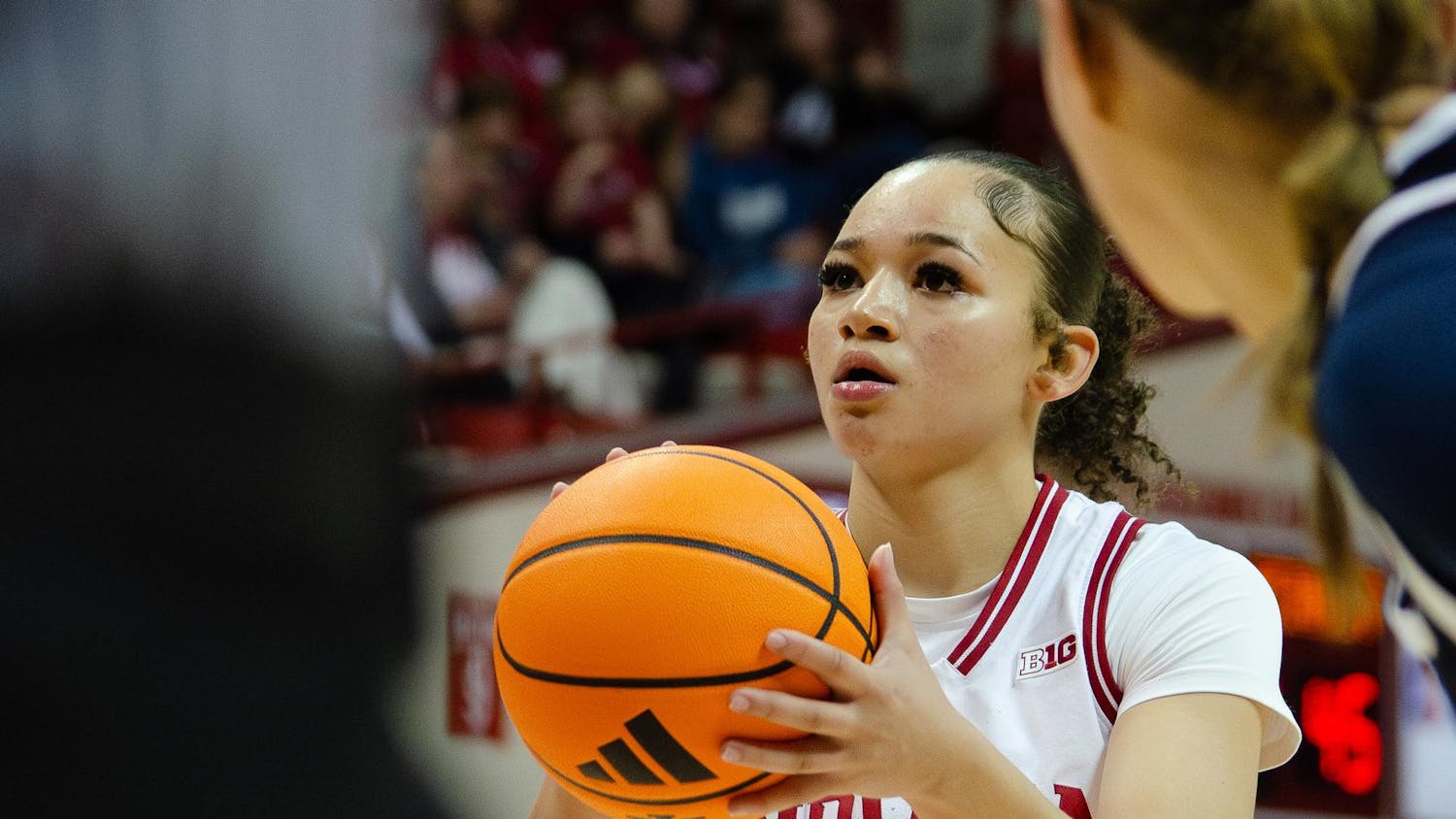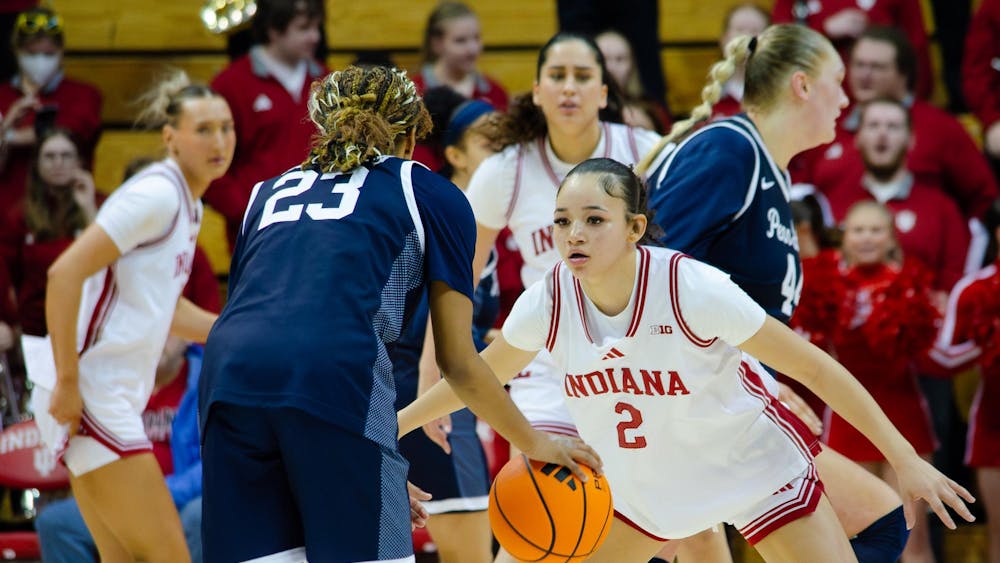Puerto Rico has a population of just under 3.2 million, greater than 21 of the 50 U.S. states. Puerto Rican citizens have American citizenship, yet they have zero say in our presidential elections.
Puerto Rico, along with other U.S. territories, must be represented properly in Congress and be able to rightfully vote for their president.
Presidential elections in the U.S. are decided through the Electoral College. In this process, all 50 states, along with Washington, D.C., are given a certain amount of electoral votes. Once a candidate reaches 270 votes, they secure the White House.
The number of electoral votes a state receives depends on its size. The state with the most electoral votes is California with 55 votes. Seven states, along with Washington, D.C., receive the fewest number of electoral votes—they each have three.
Out of the 538 total electoral votes, none belong to Puerto Rico, the United States’ biggest territory.
Due to lack of statehood, Puerto Rico has no representation in the Senate and just one delegate in the House of Representatives. However, delegates aren’t the same as representatives in that they play a marginal role.
Jenniffer González-Colón, Puerto Rico’s delegate, has a limited role as Resident Commissioner. She is restricted to only voting in committees she belongs to and has no right to vote for the final passing of bills, not even bills related to Puerto Rico. Even still, González-Colón represents five times as many citizens as an average member of the House.
Other U.S. territories have delegates in the House of Representatives including American Samoa, Guam, the Northern Mariana Islands and the U.S. Virgin Islands.
The combined electoral votes of American Samoa, Guam, the Northern Mariana Islands, the U.S. Virgin Islands and Puerto Rico? Zero.
The reason for lackadaisical representation can be found in the 1901 U.S. Supreme Court case Downes v. Bidwell.
In a summary of the case’s decision, the Bar Association of Puerto Rico said “Justice Brown observed that because the ‘alien races’ that inhabited the new territories that the United States had acquired differed from other Americans,” their understanding of the laws and administration of the United States would, at the time, be impossible.
A case over 120 years old still serves as justification for denying full representation to U.S. territories.
It’s no wonder Puerto Rico is still seen as an outcast.
In 2017, after multiple hurricanes hit Puerto Rico, the Trump administration delayed aid to the territory; meanwhile, houses were destroyed and uninhabitable. At least 2,975 people died, and it took a year to fully restore power to the island.
“Can we sell the island?” Trump said.
But when it comes to elections, candidates are quick to capitalize on Puerto Rico’s sentimental value.
In the 2020 presidential race, both Joe Biden and Donald Trump campaigned in Puerto Rico in hopes of persuading the ears of voters in Florida.
In an Associated Press article, writers Dánica Coto and Adriana Gomez Licon spoke about the political strategy. “It’s a novel role that plays off the sentiment that Puerto Ricans in Florida feel they are voting by proxy for those back home left out of U.S. democracy,” Coto and Licon said.
“I’m voting for 3 million Puerto Ricans on the island, including my entire family,” said Jerick Mediavilla in an interview by the Associated Press.
Puerto Rican voters residing in Florida make up 27% of the Hispanic population in Florida.
The will to vote isn’t unique to Puerto Rico, it’s also present in other U.S. territories such as Guam.
According to the 2010 census, almost 14% of Guam’s residents serve in the United States Military yet are unable to vote for the President of the United States. They aren’t able to vote but they still turn out to cast meaningless ballots every four years. Their turnout for casting empty ballots is even greater than those casting actual ballots.
In the 2012 presidential election, 67% of registered voters in Guam turned out to cast their ballots. That year in the United States, there was only a 61.8% turnout.
Along with other U.S. territories, Puerto Rico’s willingness to vote is evident. The reasons they’re unable to vote are outdated and racist. Puerto Rican residents even pay some U.S. taxes despite their lack of representation.
Jacob Spudich (he/him) is a freshman studying journalism and political science. He is a DJ for the WIUX student radio station, a member of Timmy Global Health and a huge Detroit Tigers fan.






